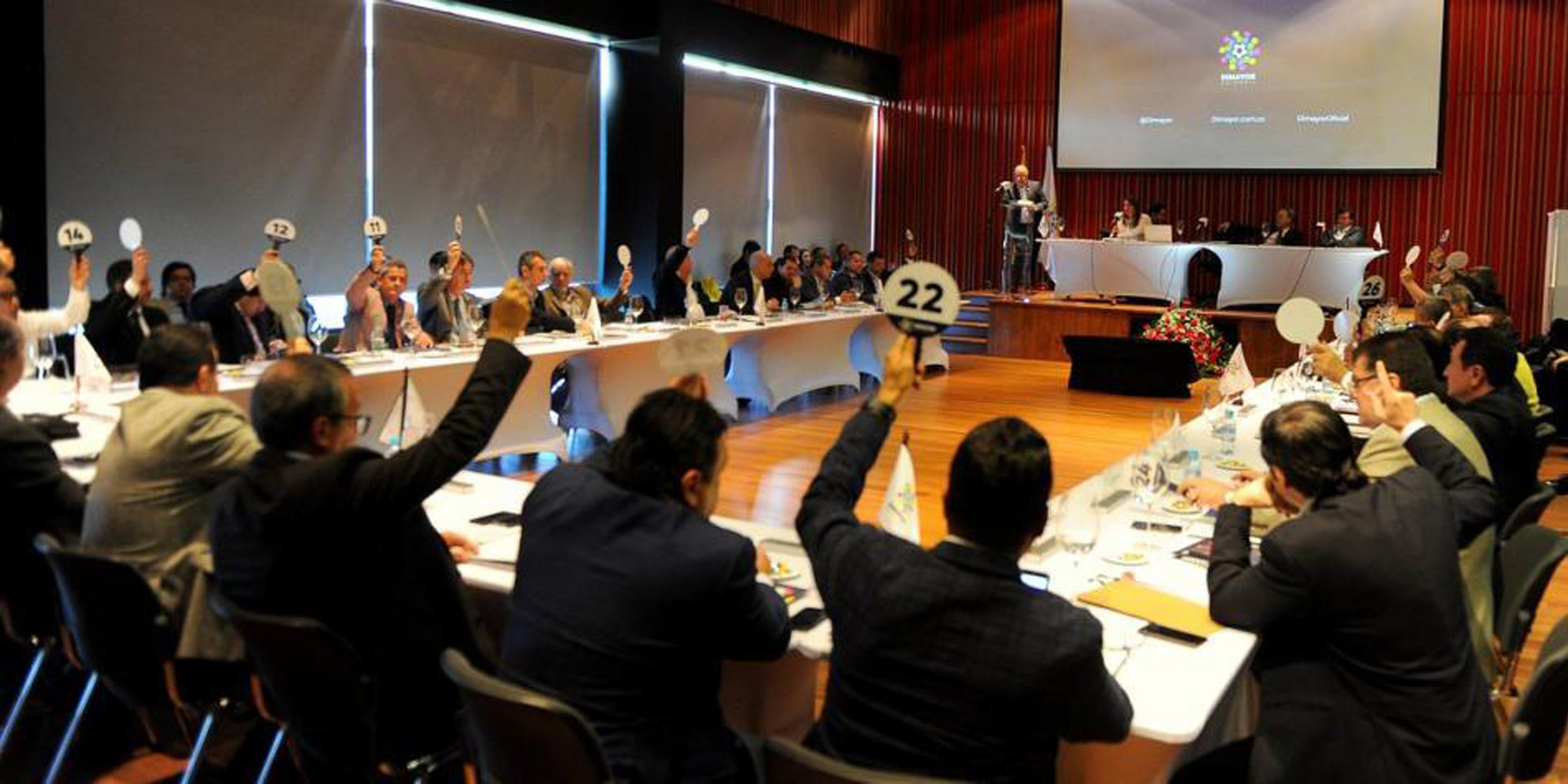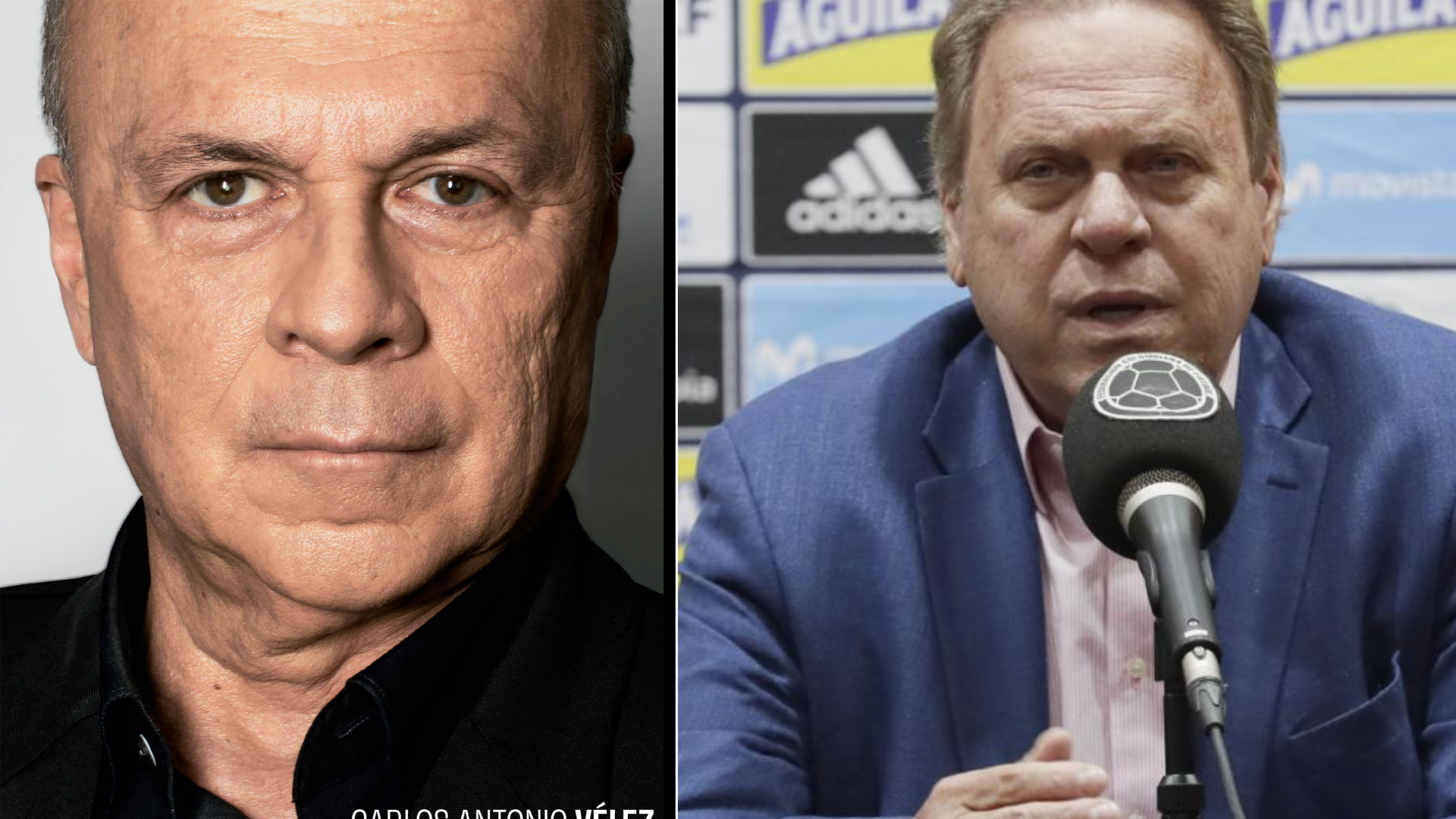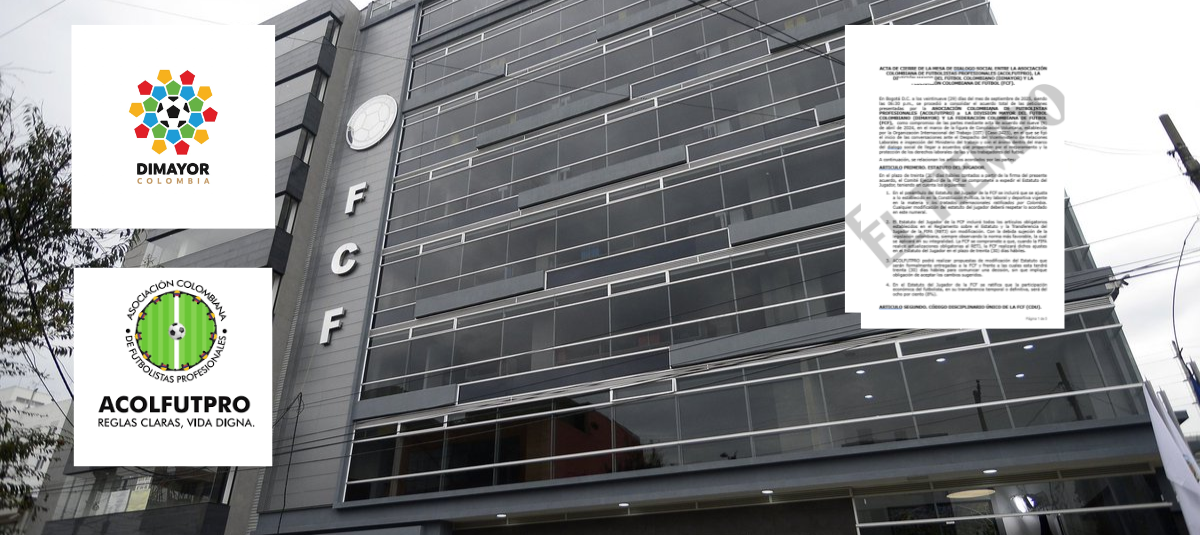Managers vs. footballers: the political and labor battle of Colombian football... (Meluk tells you about it)

In Colombian football, there's an inexhaustible talent for dodging important issues. On the pitch, the players; in the boardroom, the directors. The Colombian Football Federation , with its professional arm, Dimayor , which is nothing more than the board of owners of the professional teams, pulled off an Olympic-level dribble against Acolfutpro , the players' association that, for years, has been demanding something as basic as a collective bargaining agreement.
Last Thursday, summoned to the Ministry of Labor to sign the agreement, the general secretaries of the Federation and Dimayor refused to do so. Neither Ramón Jesurún , the Federation's president, nor Carlos Mario Zuluaga, the first vice president (as head of Dimayor), were present. They were nowhere to be seen!
The football owners did not sign
Dimayor Assembly on Colombian football. Credit: Dimayor Photographer: Photo: Dimayor
The owners didn't sign because they prefer to stall, waiting for a change of government to see if, with a new political climate in next year's presidential elections, they can once again be enveloped in the comfortable silence that has always benefited them. Football cannot tolerate any questioning of its monopoly. That's why they disguise their feudal status as "institutional defense."

Vélez and Jesurun Photo: Private Archive/ EFE
The directors say they can't accept what they call "an unacceptable co-governance," as several have told me. They say it with a tone of tragedy and astonishment. They fear having to discuss match scheduling, rest periods, image rights, and training camps with the players. They see it as an intolerable intrusion, a sacrilege against their "empire." And, of course, they don't want to part with a single penny.
Under SIC's scrutiny 
Acolfutpro reports that the Colombian Football Federation (FCF) and Dimayor refused to sign the agreement document. Photo: Private archive
But in the meantime, the Superintendency of Industry and Commerce (SIC) recently fined Dimayor over 8 billion pesos for internal agreements that restricted players' freedom to work. This was the infamous "gentlemen's agreement" in defense of their "union solidarity." And another SIC investigation into labor cartels within the women's league is nearing its end.
As you know, the Superintendency of Industry and Commerce (SIC), which previously uncovered the Federation's official ticket resale during the 2018 World Cup qualifiers, is more feared by football executives than holy water is by the devil. It's absurd that collective bargaining exists worldwide, starting with the wealthiest footballing nations, but is "impossible" in Colombia. If these terms are agreed upon in the first, second, and even third worlds of football, why can't it be done here? This is a country dominated by employers. Football reflects that.
The owners of the ball prefer to maintain this unchangeable feudal structure.
Acolfutpro is pressing hard to secure the signing of the pact before President Gustavo Petro 's government leaves office. Nine months remain. And it is within this political clock that the owners of football find refuge.
They're waiting for time to pass, for the government to change to one where the footballers' demands sound subversive. And wasting time is an old but effective tactic...
More sports newseltiempo




